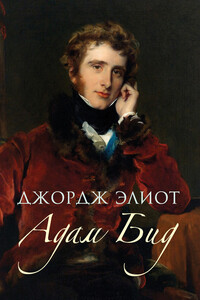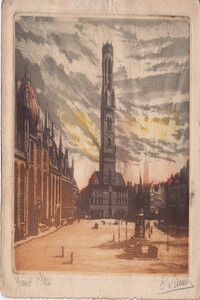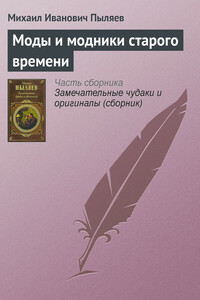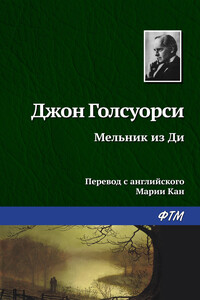| Но уборка этого великого урожая истины - труд нелегкий и нескорый. |
| His notes already made a formidable range of volumes, but the crowning task would be to condense these voluminous still-accumulating results and bring them, like the earlier vintage of Hippocratic books, to fit a little shelf. | Его заметки уже составили внушительное число томов, однако впереди предстоит главная задача -свести эти обильные и все еще умножающиеся результаты воедино и придать им, как некогда гиппократическим сборникам, сжатую форму, так, чтобы они уместились на одной небольшой полке. |
| In explaining this to Dorothea, Mr. Casaubon expressed himself nearly as he would have done to a fellow-student, for he had not two styles of talking at command: it is true that when he used a Greek or Latin phrase he always gave the English with scrupulous care, but he would probably have done this in any case. | Объясняя это Доротее, мистер Кейсобон говорил с ней, точно с ученым собратом, ибо не умел говорить иначе. Правда, каждую свою латинскую или греческую фразу он скрупулезно сопровождал переводом, но, впрочем, он, вероятно, в любом случае делал бы то же. |
| A learned provincial clergyman is accustomed to think of his acquaintances as of "lords, knyghtes, and other noble and worthi men, that conne Latyn but lytille." | Ученый провинциальный священник привык видеть в своих знакомых тех "лордов, рыцарей и прочих, людей, и знатных и достойных, что мало сведущи в латыни". |
| Dorothea was altogether captivated by the wide embrace of this conception. | Доротею покорила широта этой идеи. |
| Here was something beyond the shallows of ladies' school literature: here was a living Bossuet, whose work would reconcile complete knowledge with devoted piety; here was a modern Augustine who united the glories of doctor and saint. | Тут речь шла не о нравоучительных повестях для молодых девиц. Перед ней был живой Боссюэ, чей труд примирит полное знание с истинным благочестием, современный Августин, объединяющий в себе великого ученого и великого святого. |
| The sanctity seemed no less clearly marked than the learning, for when Dorothea was impelled to open her mind on certain themes which she could speak of to no one whom she had before seen at Tipton, especially on the secondary importance of ecclesiastical forms and articles of belief compared with that spiritual religion, that submergence of self in communion with Divine perfection which seemed to her to be expressed in the best Christian books of widely distant ages, she found in Mr. Casaubon a listener who understood her at once, who could assure her of his own agreement with that view when duly tempered with wise conformity, and could mention historical examples before unknown to her. |





